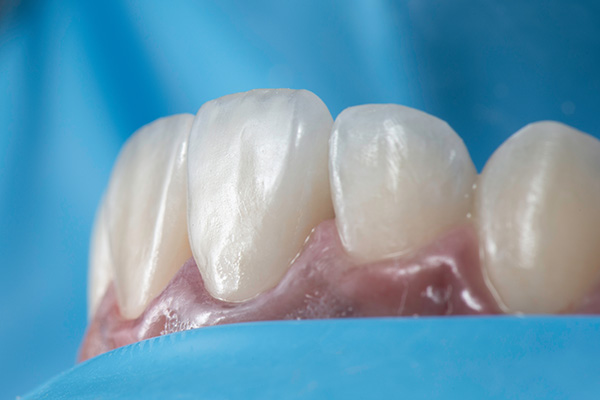 Your general dentist always aims to provide you with the right dental solution. Tooth damage can happen from an accident or injury. It can also happen from slow tooth decay. Sometimes, other teeth restorations do not fit your needs. If you want to know when your general dentist may recommend a dental bonding treatment, here are the details.
Your general dentist always aims to provide you with the right dental solution. Tooth damage can happen from an accident or injury. It can also happen from slow tooth decay. Sometimes, other teeth restorations do not fit your needs. If you want to know when your general dentist may recommend a dental bonding treatment, here are the details.
The definition
Dental bonding is a quick dental procedure. It can enhance the appearance of stained, chipped, misshapen, and cracked teeth. Dental bonding can also help with other procedures in dentistry. The general dentist applies composite resin on teeth, making them look natural and intact.
This type of restoration has the material like that of dental fillings. The finish is not as durable as crowns or dental veneers. Dental bonding is also for fixing any damage on front teeth for cosmetic purposes. The treatment’s primary goal is to improve the appearance.
Tooth decay
Cavities are commonplace. Infants, children, teens, and even adults can have them. Cavities are the result of tooth decay. These start as tiny holes. The tiny holes in teeth can grow and reach the deeper layers of teeth. A general dentist can suggest dental bonding if the tooth damage is still small and repairable. Dental bonding can stop the progress of decay.
Exposed tooth root
A person with an exposed root may experience tooth sensitivity and sharp pain. This happens while eating or brushing teeth. The dental roots lose the protection of gum tissue. Exposure of the dental roots results from gum damage or gum recession. Dental bonding can help add a layer of protection to the exposed tooth roots. This will reduce or even block the sharp pain. It can also make teeth look whiter and brighter.
Dental staining
Dark stains on teeth are not good to look at. Many factors lead to heavy dental staining. Accidents, medication, aging, and diet can all lead to tooth discoloration. The attending general dentist can provide a quick treatment with dental bonding. The composite resin layer can cover any staining on the surface of teeth.
Craze lines and cracks
Craze lines are thin lines across teeth. Decades of chewing lead to craze lines. These lines may look translucent, brown, gray, or yellow. Multiple craze lines can cause deeper staining. These lines are more noticeable in people who always drink colored beverages and smoke. The general dentist can repair craze lines and restore the teeth with dental bonding.
Misshapen teeth
Many people hide their smiles because of misshapen teeth. A general dentist can reshape the patient’s teeth and make them appear proportional to the gums. Dental bonding can make this possible. Sometimes, it needs to combine with another treatment like orthodontics to provide good dental spacing first before reshaping.
A general dentist can help enhance your dental protection and appearance with dental bonding
Teeth can have damage through years of use. Your general dentist can detect these issues and correct them right away with dental bonding. Immediate detection and treatment can maximize the effects of dental bonding. Routine appointments with your general dentist can help pinpoint the issues and see if dental bonding is the right dental restoration for you.
Request an appointment or call Bagnall Family Dentistry at 978-655-2005 for an appointment in our Andover office.
Related Posts
When you choose general dentistry services for your oral health needs, you get a wide range of care. This includes not only routine checkups but diagnoses of various conditions and treatment of these issues. One of the most common ailments that you might encounter is tooth pain. These feelings can indicate different problems, but your…
Seeking general dentistry help is vital for good oral health. You should visit the dentist at least every six months for checkups. These trips to the dentist’s office allow for diagnoses, treatments, and preventive measures. But you also need to commit to good oral hygiene at home every day. Brushing and flossing are the most…
Your general dentist knows how important it is to keep teeth healthy and intact. Any impact on the facial area, especially near the mouth, can injure a tooth. Pain is a common indication of a dental injury. Coming in for a dental treatment is crucial to saving your tooth. If you want to know how…
